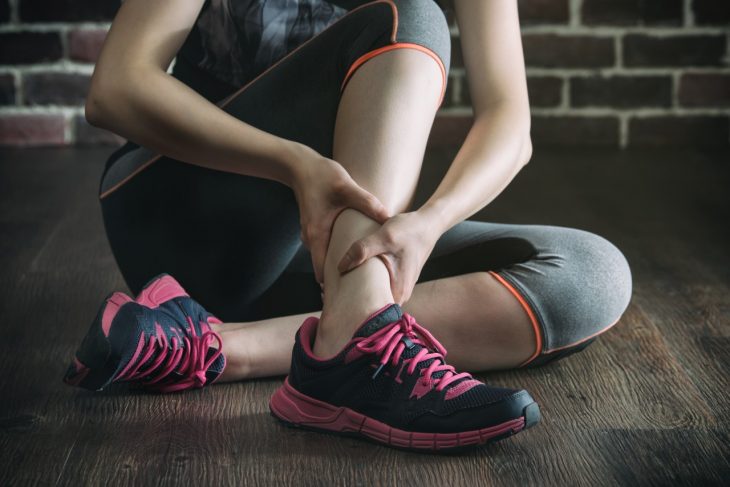
5 Ways Your Feet Change as You Age
With aging comes changing and there are a few places on the body that tend to be neglected more than the feet over time. Here are five changes to watch for and what you can do to keep your feet healthy as you age.
- Longer Feet
You may have thought that your feet would stop growing at some point—unfortunately (or fortunately for some) over time the arches of your feet will flatten which can lead to longer feet. Your feet could grow as much as a half of a shoe size every ten years – Make sure to wear supportive shoes and keep your weight down to help stop your arches from falling and causing pain. You should get your feet measured when buying new shoes to prevent any problems that may result from shoes that are too small or tight like bunions and hammertoes.
- Wider Feet
Similar to lengthening feet, your feet may get wider as you age. With time, the ligaments and tendons in your feet may become loose and stretch out letting the rest of your foot stretch out with them. You may start to feel that your shoes are too tight—make sure that next time you buy a new pair that you get your feet measured to appropriately fit the width. Keeping your weight in check and using a foot strengthening program can help prevent any more serious foot issues from developing.
- Curled Toes
Over your lifetime, you will likely wear shoes that do not fit just right. Maybe you wear high heels, pointed toe shoes, or even just a pair of shoes that are a little bit too small. All of the pressure caused by these shoes can lead to toes that curl up under themselves—when this starts to cause pain, it is a serious problem and you should see an orthopedic foot and ankle surgeon to help get this fixed. – To prevent this from happening, make sure you wear the right shoe size and trade in your pointed-toe shoes for ones with a wider toe box.
- Thin Heel Pads
Just like in the rest of the body, the protective fat layer just under your skin on your heel begins to thin as you age. Less cushion in the heel can cause pain especially when being active or standing for long periods of time. Orthotic inserts and cushioned shoes can help with this pain. – However, it is important to note that heel pain may also be related to plantar fasciitis which is a condition that should be seen by an orthopedic foot and ankle specialist.
- Stiff Feet and Toes
Over time, the water content in your feet and toes can make you more susceptible to arthritis and other tears or ruptures because your tendons, ligaments, and bones are less lubricated. The best way to prevent stiffness is to stretch and strengthen your feet. – If you are experiencing stiffness that is stopping you from your activities, you may want to schedule an appointment with an orthopedic foot and ankle specialist to make sure that you are aware of all of your options.
Orthopedic foot and ankle specialists are medical doctors with years of training and experience to keep your feet healthy and pain free. If you feel like you are experiencing pain that needs to be addressed, make an appointment today!